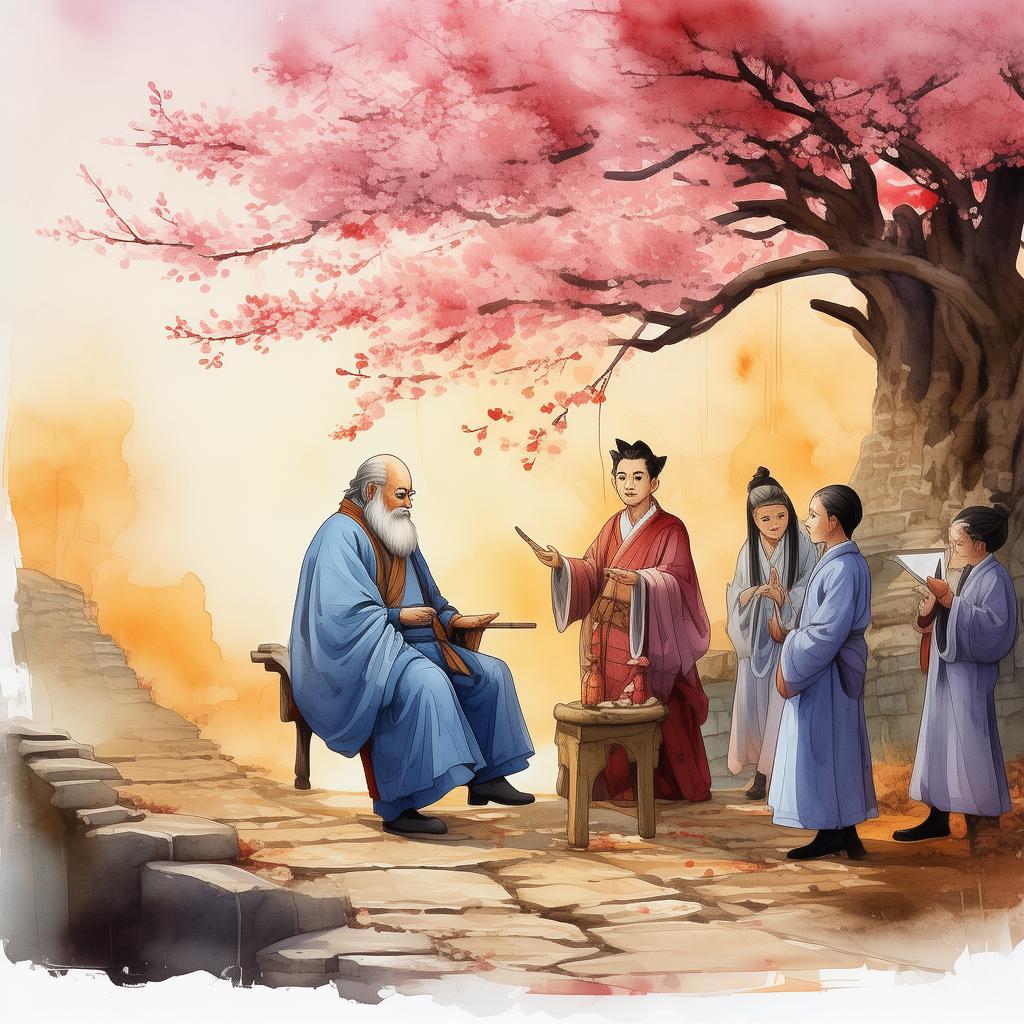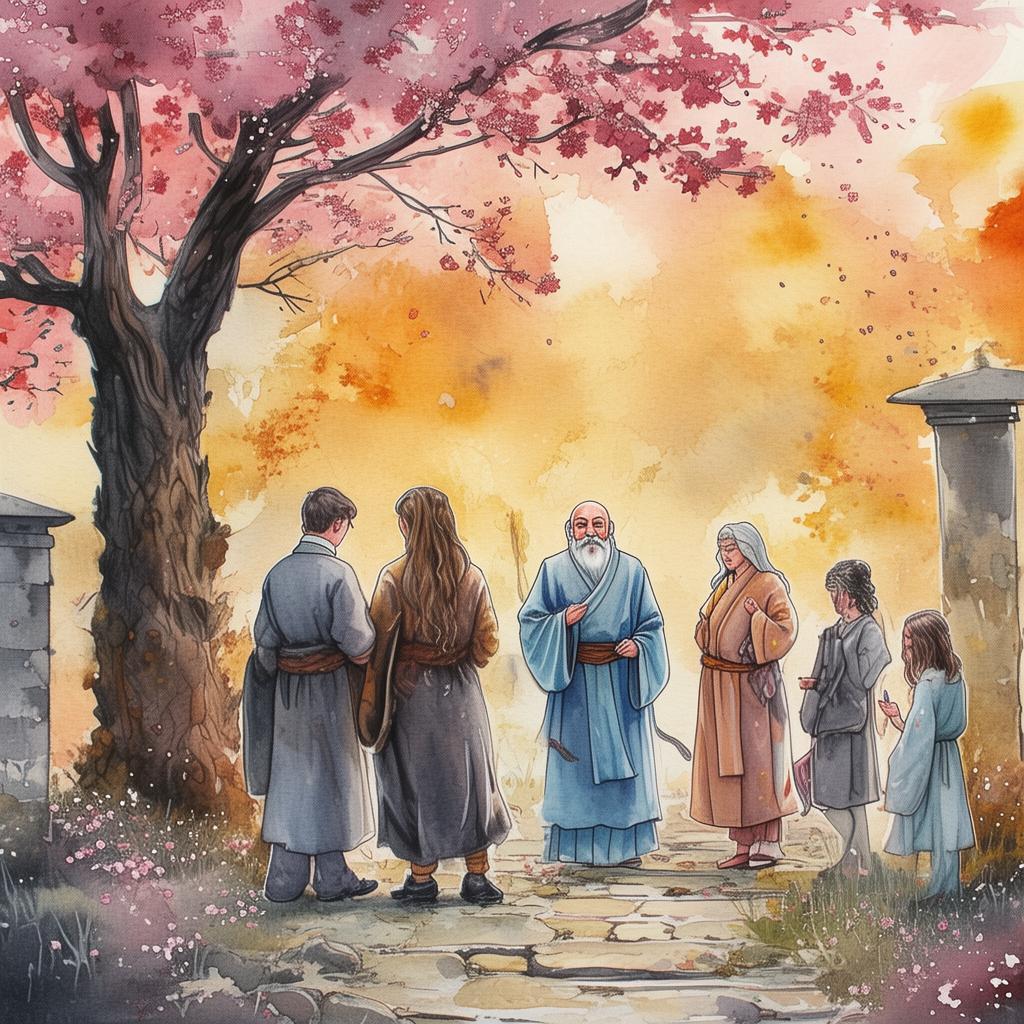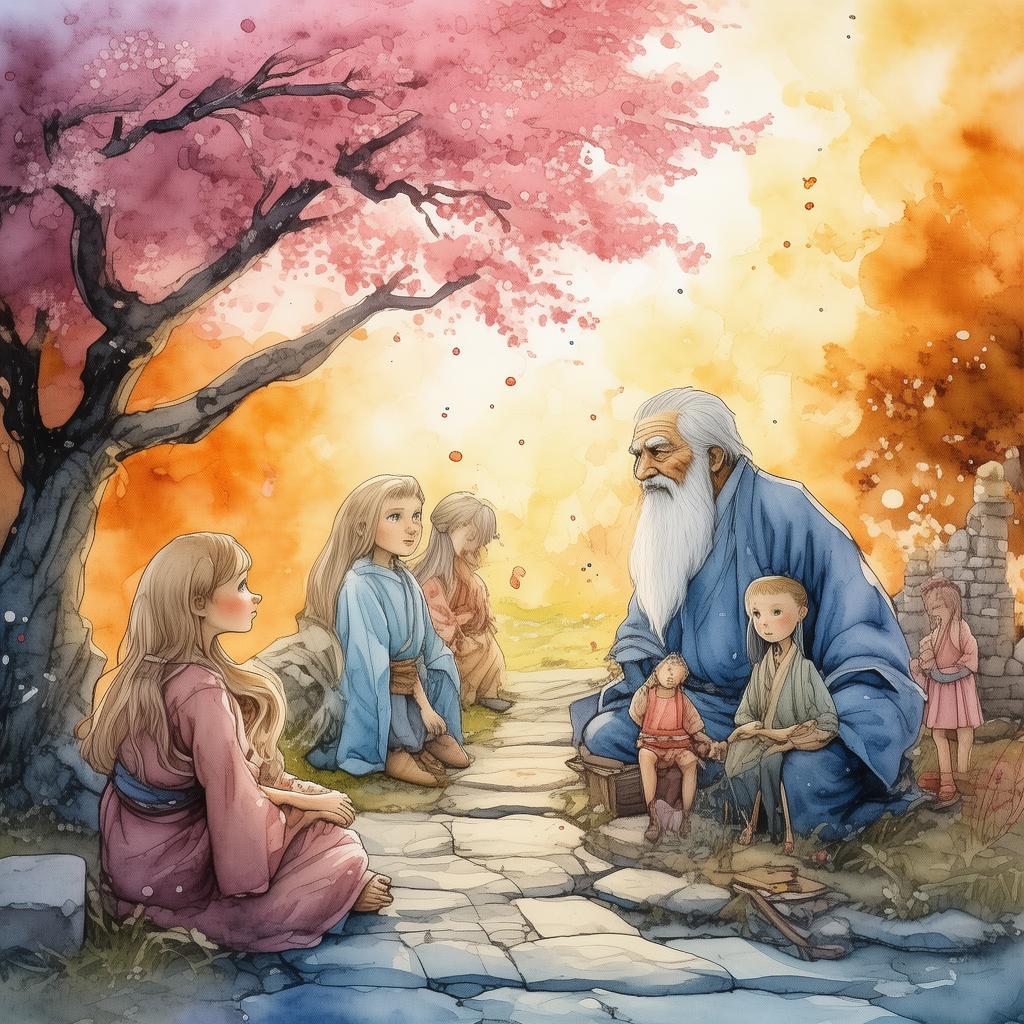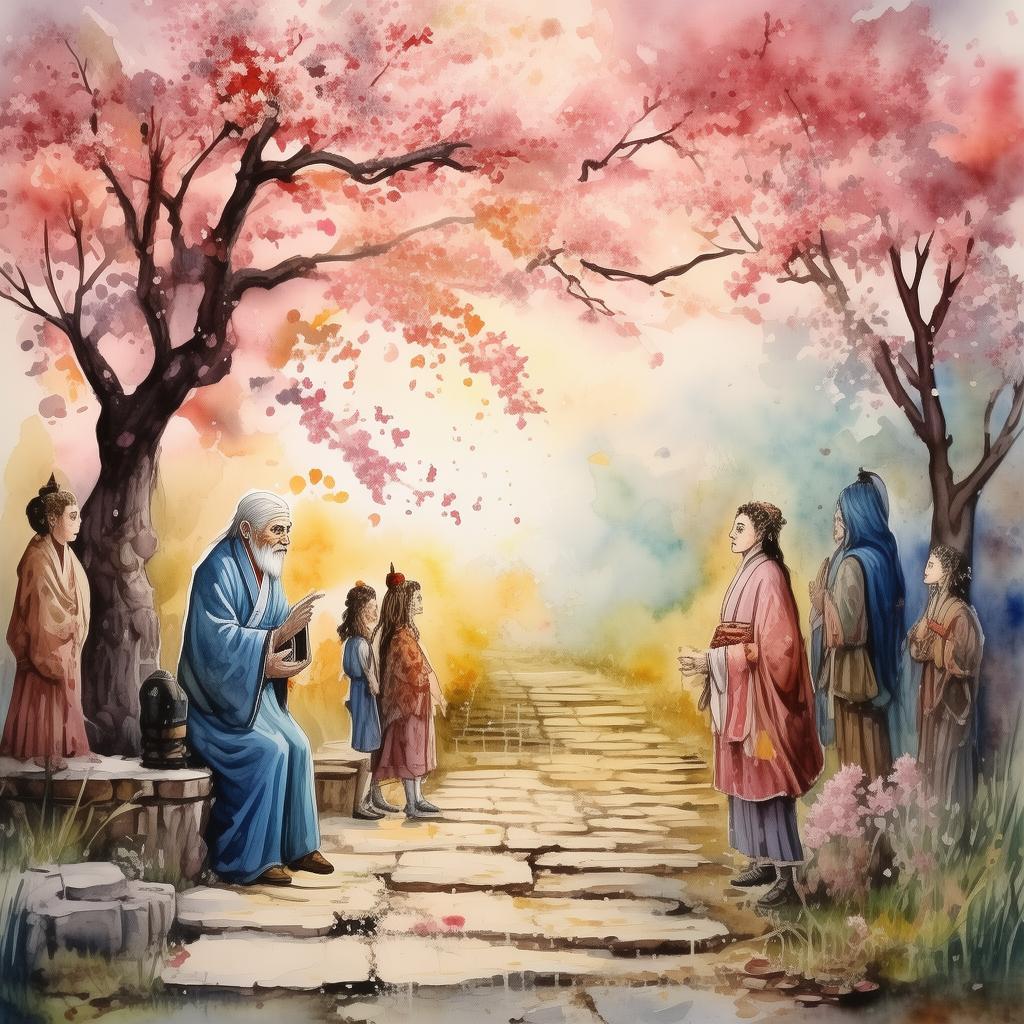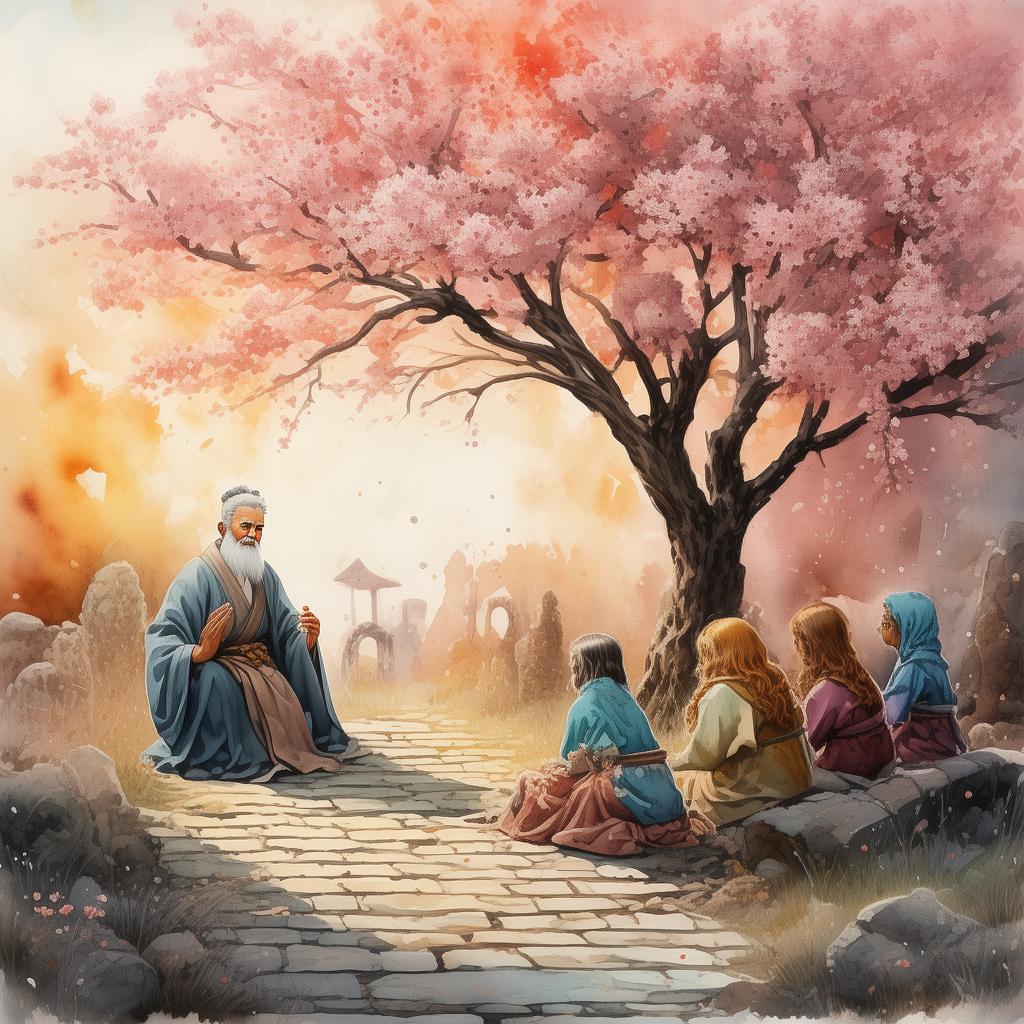The Lurking Shadows of the Past
The moon hung low in the sky, casting an eerie glow upon the cobblestone streets of the old, abandoned mansion that served as the setting for the gothic novelist's latest work. Inside, the air was thick with the scent of aged paper and the faintest hint of something sinister. The writer, known only as "The Phantom Inkwell," was hunched over his desk, his fingers dancing across the keyboard with a fervor that seemed to border on obsession.
The story he was crafting was one of psychological warfare, a tale of a woman trapped in a web of deceit spun by her own mind. As he delved deeper into the narrative, he found himself becoming more and more absorbed by the characters he had created. The protagonist, Isabella, was a woman haunted by her past, driven to the brink of madness by the secrets she had buried.

"The Phantom Inkwell" had always been a master of suspense, weaving tales that left readers on the edge of their seats. But this time, it seemed as if the line between fiction and reality had blurred. His midnight confessions began to take on a life of their own, spilling onto the page with a haunting authenticity.
One night, as he worked on the final chapter, the door to his study creaked open. A cold breeze swept through the room, sending shivers down his spine. The writer looked up, his eyes wide with a mixture of fear and curiosity. There, standing in the doorway, was a figure cloaked in darkness, its face obscured by the shadows.
"Isabella," the figure whispered, its voice echoing through the room. "You must finish what you started."
The writer's heart raced as he recognized the name of his protagonist. He had never spoken of Isabella outside of his writing, yet here she was, standing before him as if she had stepped right out of the pages of his novel.
"You are Isabella," he said, his voice trembling. "Or are you?"
The figure did not answer, but instead, a chill seemed to settle over the room, a palpable sense of dread. The writer's mind raced as he tried to reconcile the reality of the moment with the story he had created. Was he losing his mind, or was this a twisted reflection of the darkness he had so carefully crafted?
As the night wore on, the writer's confessions became more frequent, more desperate. He found himself writing in a frenzy, the words flowing onto the page as if driven by some unseen force. The story took on a life of its own, morphing into a twisted tale of obsession and madness that seemed to consume him entirely.
One morning, as the first light of dawn filtered through the windows, the writer looked up from his desk. The manuscript before him was a tangle of words and sentences, a chaotic jumble of the mind. He had lost himself in the world he had created, and now, he was unsure of which was real—his life or the story he had written.
The mansion, once a place of inspiration, now seemed to hold a dark, malevolent presence. The writer began to see Isabella everywhere, her shadowy figure lurking in the corners of his mind, whispering secrets and lies that he could not escape.
It was during one of these troubled nights that the writer discovered a hidden room in the mansion, a place he had never seen before. Inside, the walls were lined with books, each one filled with his midnight confessions. He realized that he had been writing not just for himself, but for Isabella, for the woman who had become his alter ego.
With this realization, the writer decided to confront the darkness that had taken hold of him. He began to unravel the threads of his story, to bring Isabella to life and face the past that had driven her to madness. The journey was fraught with danger, as the line between reality and fiction grew increasingly blurred.
In the end, it was through the power of his words that the writer confronted his own fears and demons. He realized that the true horror lay not in the story he had written, but in the darkness that had seeped into his own mind. With a newfound clarity, he set out to write a new chapter, one that would bring Isabella peace and himself a chance to reclaim his sanity.
As the sun set over the mansion one final time, the writer sat at his desk, his pen in hand. He began to write, not with the urgency of the past, but with a newfound sense of purpose. The Lurking Shadows of the Past had been a warning, a lesson in the power of words and the fragility of the human mind. And as the story unfolded, it was clear that the writer's journey was far from over.
✨ Original Statement ✨
All articles published on this website (including but not limited to text, images, videos, and other content) are original or authorized for reposting and are protected by relevant laws. Without the explicit written permission of this website, no individual or organization may copy, modify, repost, or use the content for commercial purposes.
If you need to quote or cooperate, please contact this site for authorization. We reserve the right to pursue legal responsibility for any unauthorized use.
Hereby declared.
